 |
 |
 |
|---|
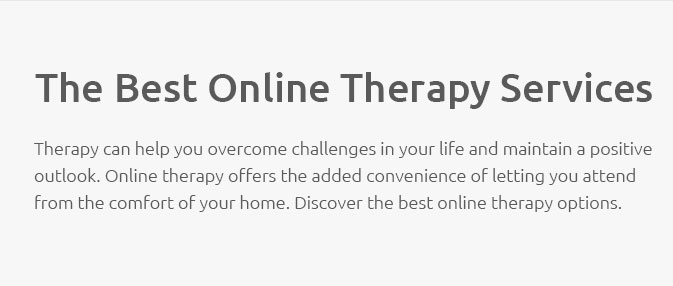 |
 |
|---|
 |
|
|---|---|
 |
 |
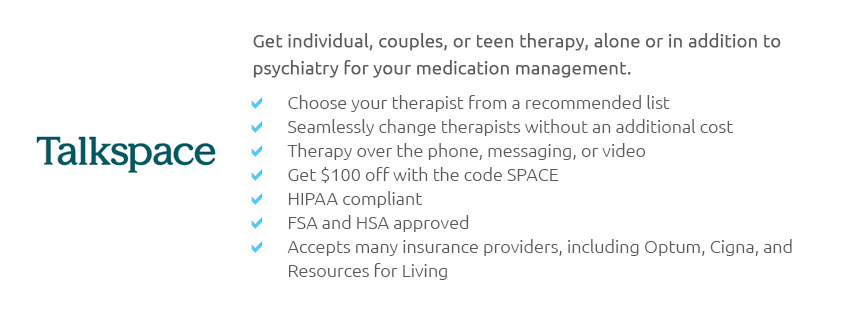 |
 |
 |
 |
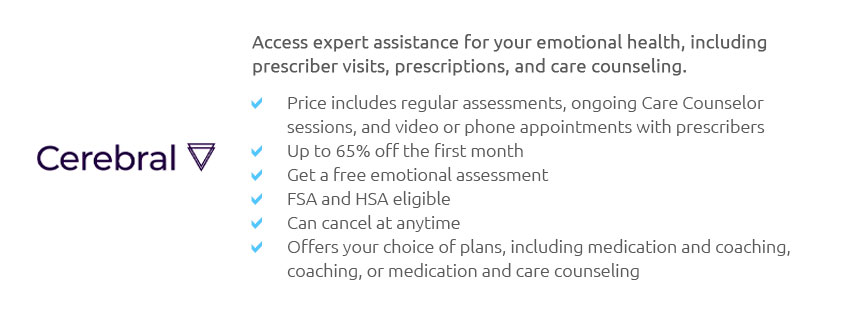 |
 |
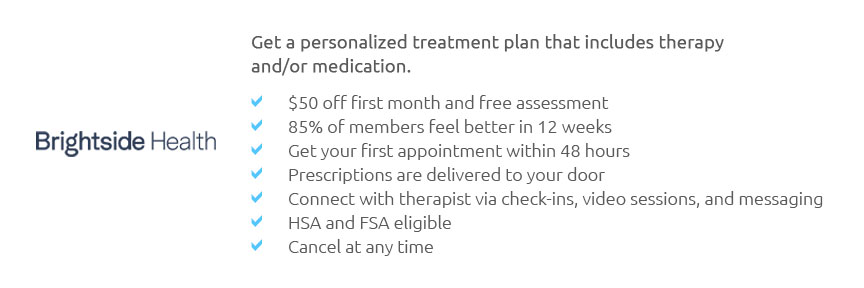 |
 |
 |
 |
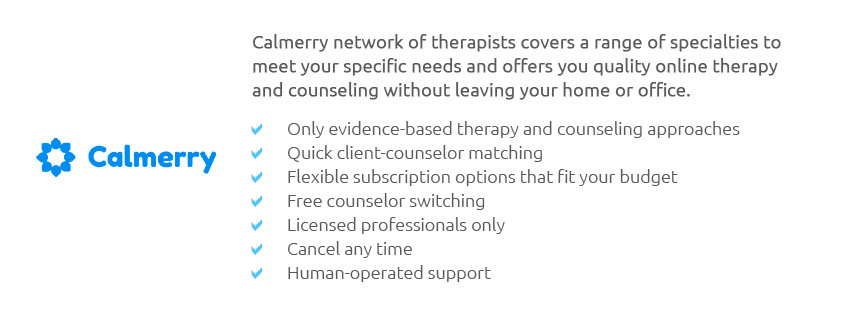 |
 |
 |
 |
|---|
Couples Therapy Abusive Relationships: Understanding, Navigating, and HealingUnderstanding Abusive RelationshipsAbusive relationships often involve a pattern of behaviors used by one partner to maintain power and control over another partner. Recognizing the signs is the first step towards change. Types of Abuse
Each type of abuse can have a profound effect on an individual's mental health and well-being. The Role of Couples TherapyCouples therapy can be an effective tool in addressing and healing abusive dynamics in relationships. It provides a safe space for both partners to express their feelings and work towards healthier communication patterns. Finding the Right TherapistFinding a therapist experienced in dealing with abusive relationships is crucial. Consider exploring options like a therapist parkersburg wv for local support. Setting Boundaries
Setting and maintaining boundaries can help protect both partners as they work through their issues. Strategies for HealingHealing from an abusive relationship is a process that requires time and effort from both partners. Self-Care Practices
Building TrustRebuilding trust is crucial. This involves honesty, transparency, and a commitment to change from both partners. FAQCan couples therapy really help in abusive relationships?Yes, when both partners are committed to change, therapy can help address the underlying issues and promote healthier interactions. What if my partner refuses to go to therapy?If your partner is unwilling to attend therapy, consider individual therapy to explore your feelings and options, including meeting a new therapist for guidance. https://www.reddit.com/r/TwoXChromosomes/comments/ytiokp/ysk_that_couples_therapy_is_advised_against_for/
My abusive ex decided to have me go to a counselor, one he had already been to, to straighten me out. When I met with the counselor, ... https://www.thehotline.org/resources/should-i-go-to-couples-therapy-with-my-abusive-partner/
We at The Hotline do not encourage anyone in an abusive relationship to seek counseling with their partner. Abuse is not a relationship problem. While there can ... https://www.malahidecounselling.com/why-couples-therapy-doesnt-work-for-people-in-abusive-relationships-with-narcissists/
The National Domestic Violence Hotline does not recommend couples therapy with your abuser, and for good reason.
|
|---|